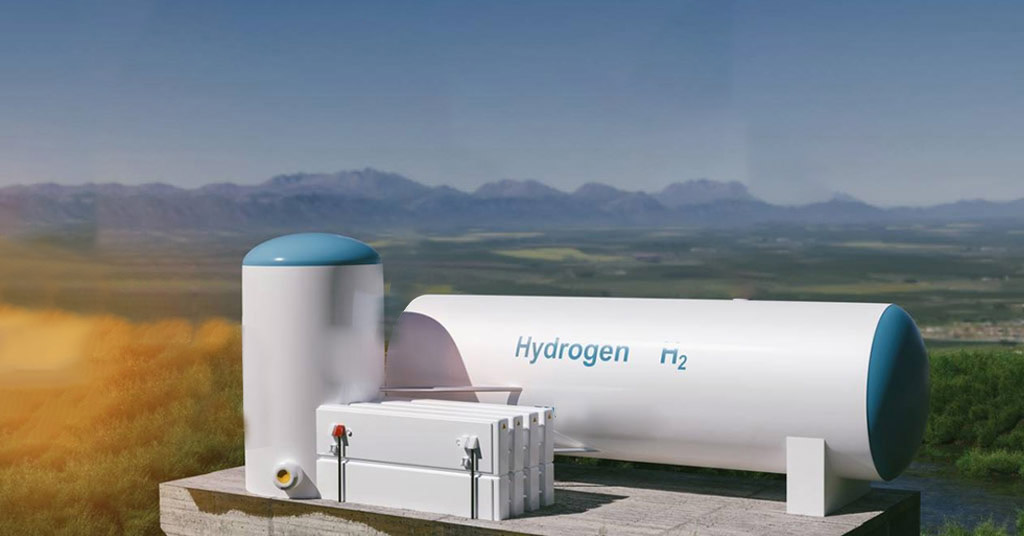Welcome To ChemAnalyst

Germany's government has greenlit plans to provide subsidies for gas power plants capable of transitioning to hydrogen. The initiative, valued at $17 billion, is aimed at bolstering intermittent renewable energy sources and expediting the shift towards low-carbon energy generation. The decision comes following mounting pressure from the industry for concrete details, particularly after the government pledged the strategy last year. Germany views hydrogen as a pivotal component in its transition away from gas and coal.
The tender process for the construction of four gas plants, with a collective capacity of up to 10 gigawatts (GW), is expected to commence soon. State support for companies involved in building and operating these future hydrogen-capable gas power plants is estimated to reach around 16 billion euros ($17 billion), inclusive of both capital and operating subsidies.
RWE, a major utility company, has affirmed its intent to participate in the forthcoming tenders. Additionally, the government will subsidize power plants exclusively powered by hydrogen, with a capacity of up to 500 megawatts, for energy research purposes.
In parallel, Berlin has announced plans to introduce a market-based capacity mechanism in the electricity market, anticipated to be finalized around mid-year and operational by 2028. This mechanism aims to accommodate the growing share of renewables in Germany's energy mix. Critics have raised concerns about capacity mechanisms being utilized to subsidize fossil fuel production in response to intermittent renewable energy fluctuations.
The agreement also contemplates the deployment of emerging technologies such as nuclear fusion and carbon capture, rather than relying solely on existing solutions. The Federation of German Industries (BDIW) has emphasized the need for prompt legislative proposals to facilitate the initiation of tenders this year.
Utility company Uniper anticipates participation in the construction of new capacity once the details are thoroughly examined. Germany's agreement with the European Commission last year to tender 8.8 GW of new hydrogen plants has faced challenges regarding the subsidy framework for gas plants. Discussions are ongoing regarding the potential need for additional gas capacity beyond the planned 10 gigawatts.
Chancellor Olaf Scholz, along with Economy Minister Robert Habeck and Finance Minister Christian Lindner, has also committed to removing barriers to the construction and operation of electrolysers. These devices utilize renewable energy to produce hydrogen through water separation.
Germany's power plant strategy, initially slated for completion last year, faced delays due to a constitutional court ruling that invalidated 60 billion euros ($64.5 billion) earmarked for climate projects. The planned hydrogen-capable plants are expected to play a crucial role in accelerating the phase-out of coal-fired stations, particularly in the eastern regions reliant on brown coal, thereby aiding Germany in meeting its greenhouse gas emissions targets ahead of schedule.
We use cookies to deliver the best possible experience on our website. To learn more, visit our Privacy Policy. By continuing to use this site or by closing this box, you consent to our use of cookies. More info.
